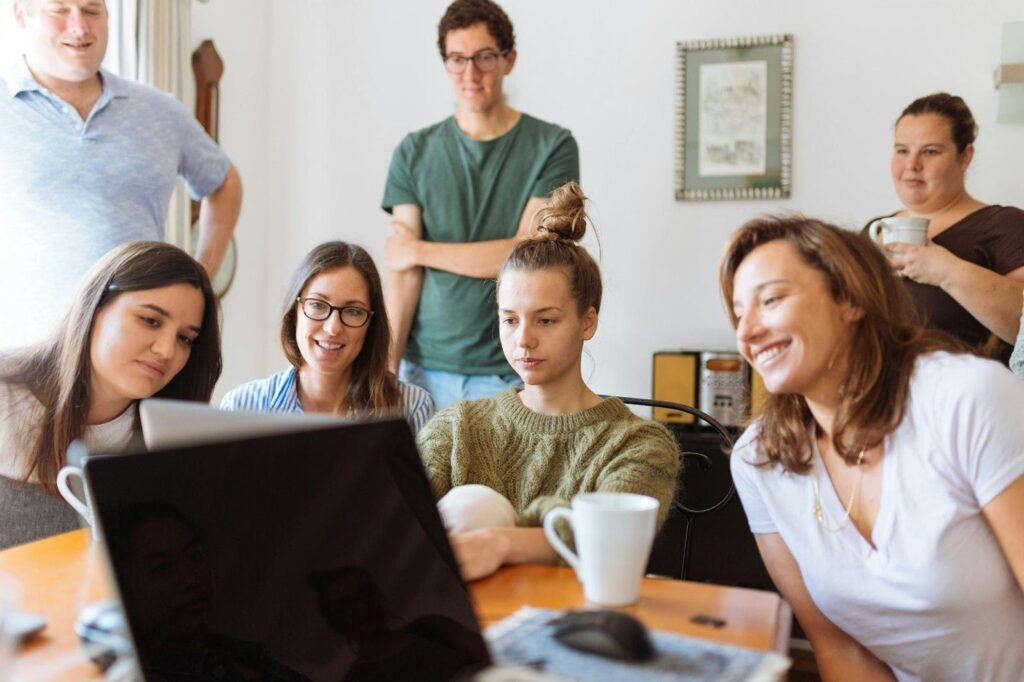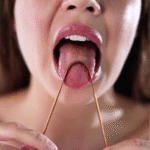Your brain feels full. The words on the page start swimming. You have been staring at the same textbook for an hour. Your focus is gone. Your energy is drained. This is a familiar scene for every student. Pushing harder rarely works. It often makes things worse. The real secret to learning is not more study time. It is smarter study breaks. Tiny, intentional movements can reset your mind. They can recharge your body. These micro-moves are your secret weapon. They fight fatigue and boost memory. Let us explore how to break better.
The Science of the Strategic Pause
Your brain is not a machine. It cannot run nonstop. It needs regular rest to process information. This process is called consolidation. Neural pathways strengthen during downtime. Taking a break is not lazy. It is neurologically essential. A well-timed pause prevents cognitive overload. It stops mental burnout before it starts. Think of your mind like a muscle. It needs recovery between sets. These micro-moves are that recovery. They make your study sessions more productive. You learn more by actually studying less.
Reset Your Posture, Reset Your Mind
Sitting hunched over a desk causes physical stress. This tension distracts your brain. Your body and mind are deeply connected. A simple posture reset can change your mental state. Try the “I Am Tall” stretch. Stand up straight. Interlace your fingers. Push your palms toward the ceiling. Reach for the sky. Feel your spine lengthen. Take a deep breath in. Exhale slowly. This movement opens your chest. It improves blood flow. It signals to your brain that the intense focus period is over. You return to your chair feeling realigned and refreshed.
Energize with Power Poses
Feeling sluggish is a common study symptom. Your energy levels dip. Instead of reaching for more coffee, try a power pose. Stand with your feet wide. Put your hands on your hips. Lift your chin. Hold this superhero stance for sixty seconds. This might feel silly. However, it is surprisingly effective. This posture can increase confidence-boosting hormones. It reduces stress chemicals. You are literally faking it until you make it. Your body tells your mind to feel powerful and capable. This micro-move fights afternoon slumps perfectly.
Boost Circulation with Desk Aerobics
Sitting for long periods slows everything down. Your circulation gets lazy. Your brain suffers from reduced oxygen. You need to get your blood moving. You do not need a gym. Perform quick desk aerobics. March in place for one minute. Do twenty jumping jacks. Try a quick set of calf raises. Hold your desk and do ten squats. This activity wakes up your entire system. It pumps oxygen-rich blood to your brain. This sudden rush of fuel enhances mental clarity. Your focus will feel sharper almost immediately.
The Ultimate Mental Recharge
True breaks involve a complete mental shift. Staring at your phone does not count. That is just swapping one screen for another. Your brain stays in digital mode. Give your mind a real vacation. Engage a different sense. Listen to one song with your eyes closed. Doodle on a piece of paper. Step outside and notice five different sounds. This sensory shift is a powerful cognitive reset. It allows the learning part of your brain to rest. It also fosters creative connections. Great ideas often appear during these mental detours.
A Modern Approach to Stress Relief
Student stress is a serious burden. Managing it requires modern solutions. Holistic wellness includes all aspects of health. This includes emotional and physical release. Finding healthy outlets for tension is critical. Some students explore various tools for relaxation. This includes a growing market for male sex toys designed specifically for stress relief and mindfulness. The core principle is important. It is about intentionally managing pressure. It is about finding what effectively helps you unwind and reset after intense mental work.
Building Your Personal Break Toolkit
No single strategy works for everyone. Your break should feel good to you. Experiment with different micro-moves. Create a personal toolkit. Maybe you love wrist stretches. Perhaps deep breathing works best. Keep a list of your top five activities nearby. When focus fades, pick one. Rotate them to avoid boredom. The goal is consistency. Make these tiny breaks a non-negotiable part of your study ritual. They are not a distraction. They are a vital part of the learning process itself.

The Smart Student’s Advantage
The smartest students are not those who study the longest. They are the ones who study the smartest. They understand the rhythm of learning. They respect their body’s need for movement. They honor their mind’s need for rest. These micro-moves are a form of active recovery. They transform unproductive frustration into renewed energy. Start integrating them into your next session. You will notice the difference. Your retention will improve. Your stress will decrease. Learning becomes a more sustainable, and even enjoyable, journey. Your brain will thank you for the breaks.



